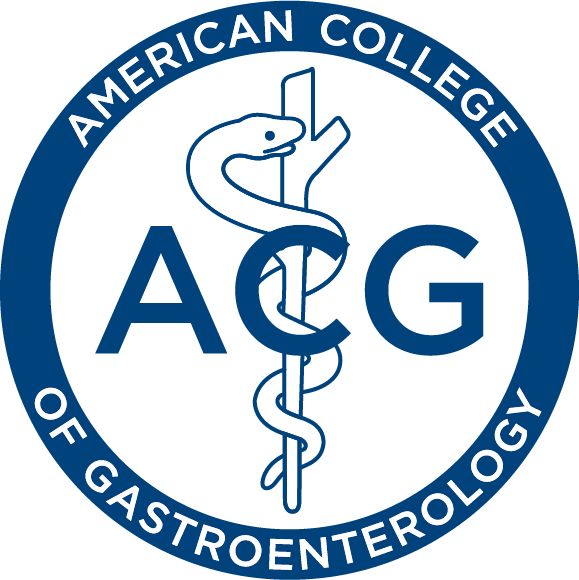Embargoed for release until: Monday, October 22, 2001
Malaika Hilliard 202/973-5896 [email protected]
Sharon Burns-Pavlovsky 202/973-2934[email protected]
Study Shows Biologic Therapy with Infliximab Prolongs Remission in Crohn's Disease
LAS VEGAS (October 22, 2001) --Maintenance dosing with the monoclonal antibody infliximab can prolong remission of the signs and symptoms of Crohn's disease (CD), according to a study presented today at the 66th Annual Scientific Meeting of the American College of Gastroenterology (ACG).
The ACCENT I study, the largest clinical trial of a biologic ever conducted in CD, was designed to establish whether maintenance dosing with infliximab could prolong disease remission. The researchers found that after 30 weeks of therapy, patients receiving infliximab infusions every eight weeks were twice as likely to be in remission than those receiving a single dose of the drug followed by placebo. Results from the trial at 54 weeks will be reported during an oral presentation today.
"The 54-week results confirm that infliximab remains effective at providing remission-level control of the signs and symptoms of Crohn's disease while, in many cases, eliminating the need for steroids," said lead investigator Stephen B. Hanauer, M.D., FACG, professor of medicine at the University of Chicago and director of the study. "For the first time, doctors will be able to move beyond treating flare ups to actually managing the disease over time."
This clinical trial enrolled 573 patients with moderate to severe Crohn's disease at 55 medical centers in North America, Europe and Israel. All patients received an initial dose of infliximab. The 335 patients (58 percent) who responded to the initial dose were randomized to receive subsequent infusions of either placebo, 5 mg/kg of infliximab or 5 mg/kg of infliximab at weeks two and six, followed by 10 mg/kg at weeks 14 and 22 and assessment at week 30.
By week 30, patients receiving maintenance treatment with infliximab were twice as likely to be in remission than patients who received placebo. Remission was observed in approximately 22 percent of patients receiving placebo, versus 39 percent and 45 percent of patients receiving 5 and 10 mg/kg of infliximab, respectively.
Crohn's disease affects approximately a half-million Americans, typically beginning in late childhood or early adulthood. Unlike ulcerative colitis, another form of inflammatory bowel disease that affects the large intestine, CD can cause inflammation anywhere within the digestive track -- from the mouth to the anus. Symptoms include diarrhea, abdominal pain, weight loss and fever. In up to 30 percent of patients, CD causes fistulas, openings that burrow through the bowel wall into nearby organs or through the surface of the skin.
Infliximab is a monoclonal antibody that blocks the activity of tumor necrosis factor alpha (TNF-). Studies reveal that overproduction of TNF- plays a key role in the inflammation associated with Crohn's disease. Infliximab is currently indicated for the short-term treatment of patients with moderately to severely active CD, including patients with fistualizing disease. Other CD therapies include surgery and medications that control symptoms and help improve quality of life.
The ACG was formed in 1932 to advance the scientific study and medical treatment of disorders of the gastrointestinal (GI) tract. The College promotes the highest standards in medical education and is guided by its commitment to meeting the needs of clinical gastroenterology practitioners. Consumers can get more information on GI diseases through the following ACG-sponsored programs:
* 1-800-978-7666 (free brochures on common GI disorders, including ulcer, colon cancer, gallstones, and liver disease)* 1-800-HRT-BURN (free brochure and video on heartburn and GERD)* www.acg.gi.org (ACG's Web site)
###
